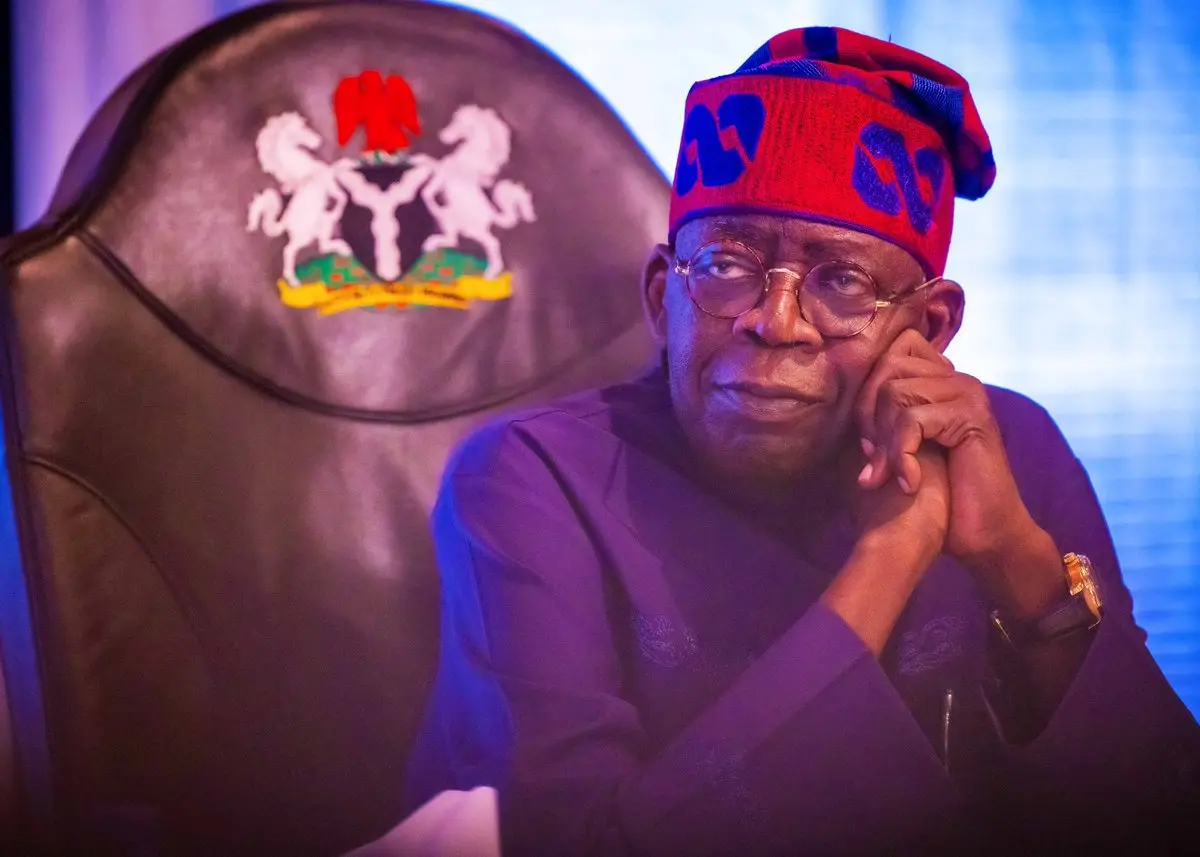At the heart of President Tinubu’s Renewed Hope slogan lays the promise of economic revitalisation. The Nigerian economy has long been plagued by issues such as corruption, infrastructural deficiencies, and a heavy reliance on oil exports. The president’s pledge to diversify the economy and attract foreign investment presents a great opportunity for progress.
By fostering an environment conducive to business growth, streamlining bureaucracy, and implementing policies that promote innovation and entrepreneurship, Nigeria could shift its economic focus, creating jobs and opportunities for its burgeoning youth population. With a brand new cabinet, all eyes are on the federal government to spearhead the economic revitalisation that will quite literally give hope to many despairing Nigerians in the face of economic hardships.
In addition to the economic travails over the years, Nigeria’s complex ethnic and religious landscape has posed challenges to national unity for decades. President Tinubu’s renewed hope promises to foster a stronger sense of inclusivity, where the diversity of the nation becomes a source of strength rather than division.
By creating avenues for open dialogue, promoting cultural understanding, and embracing federalism that respects regional identities, his vision aims to mitigate tensions and build bridges across the nation. Achieving this would not only enhance social harmony but also lay a more stable foundation for sustainable development.
- Arms proliferation: NATCOM to engage 300,000 personnel nationwide
- Bridge collapses in Plateau after downpour
National unity is an absolute necessity in Nigeria’s quest for peace and progress, and this government must uphold the promise of preserving and sustaining it.
Renewing hope in Nigeria will have a direct effect on the African continent. Afterall, Africa’s youthful population is both a demographic boon and a potential time bomb and Nigerian youth account for the majority of this demographic. The promise of President Tinubu’s renewed hope for youth lay in his commitment to investing in education and youth empowerment.
By overhauling the education system to align with the demands of the modern economy, Nigeria can harness its human capital potential. Empowering the youth with skills, knowledge, and access to technology can catalyze innovation and drive economic growth, simultaneously addressing the challenges of unemployment and underemployment. Failing this would spell something beyond despair for Nigeria, and Africa at large.
A critical component of the president’s agenda is infrastructural development, an area where the last administration of President Muhammadu Buhari excelled. The truth is that the nation’s vast expanse often struggles with inadequate transportation networks, power supply, and healthcare facilities.
President Tinubu has to remain committed to targeted investments in these areas, which can have far-reaching effects on the quality of life for Nigerians. Improved infrastructure not only enhances economic productivity but also ensures greater access to essential services for the population.
Perhaps the most formidable barrier to Nigeria’s progress has been corruption. The renewal of hope must equate to tackling this challenge head-on through governance reforms and anti-corruption measures – a testament to his determination to reshape Nigeria’s future. By bolstering transparency, accountability, and the rule of law, the government can create an environment where public resources are utilised for the betterment of the nation as a whole. No hope can be renewed without tackling corruption.
Nigeria has the potential and opportunity to set a transformative example for the entire continent. The realisation of President Tinubu’s vision demands collaborative efforts, adaptive leadership, and a resilient commitment to change. While skepticism is natural in the realm of politics, a renewed hope for Nigeria could be the spark that ignites a brighter future for all Nigerians.
Nigeria has been yearning for a multi-dimensional approach to addressing the core challenges that have impeded the country’s growth and renewing hope requires not only policy implementation but also a shift in mindset, both within the government and among the populace. It’s important to acknowledge that turning this vision into reality will be a complex, long-term endeavour. However, the alternative—maintaining the status quo—poses an even greater risk to Nigeria’s stability and prosperity.

 Join Daily Trust WhatsApp Community For Quick Access To News and Happenings Around You.
Join Daily Trust WhatsApp Community For Quick Access To News and Happenings Around You.


